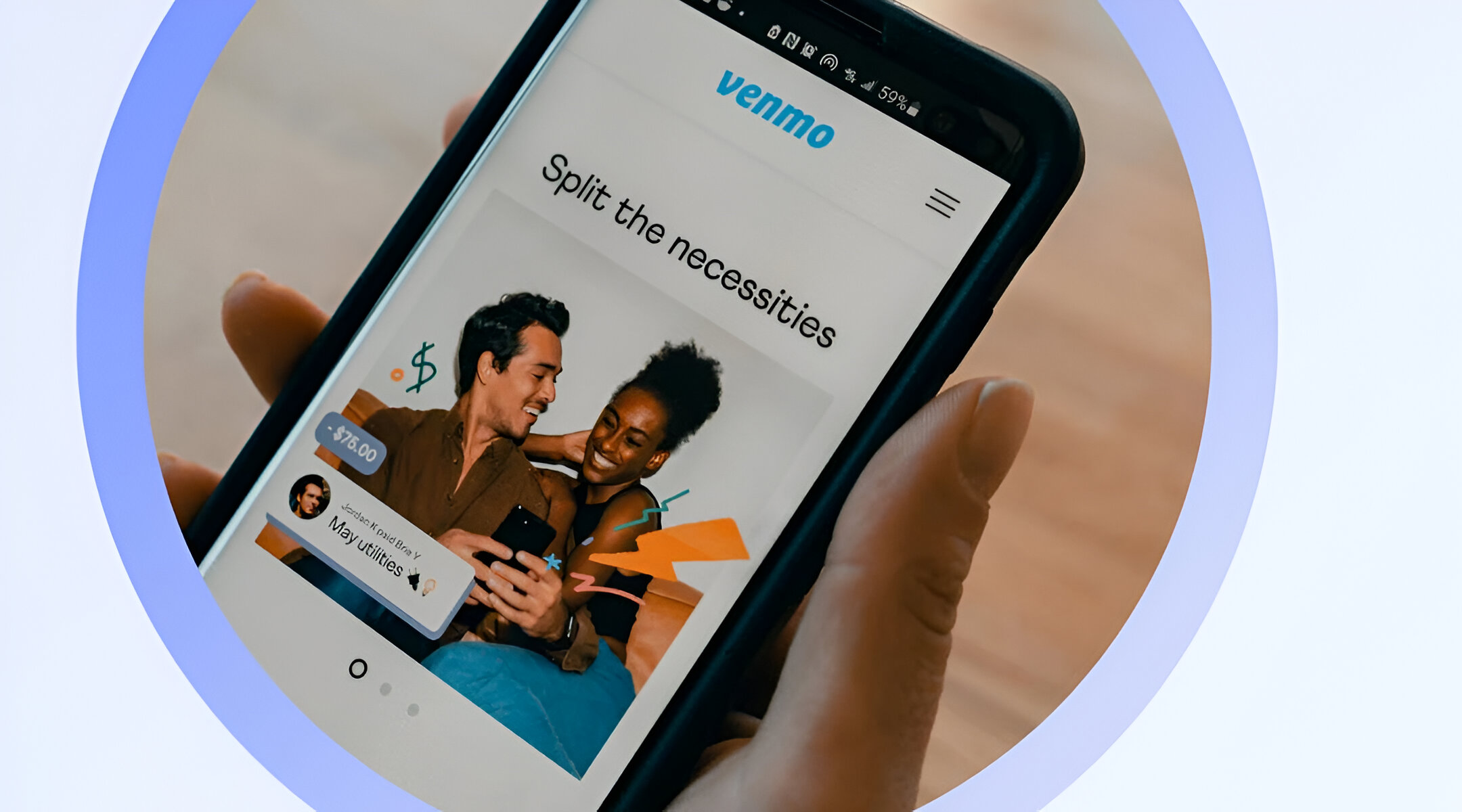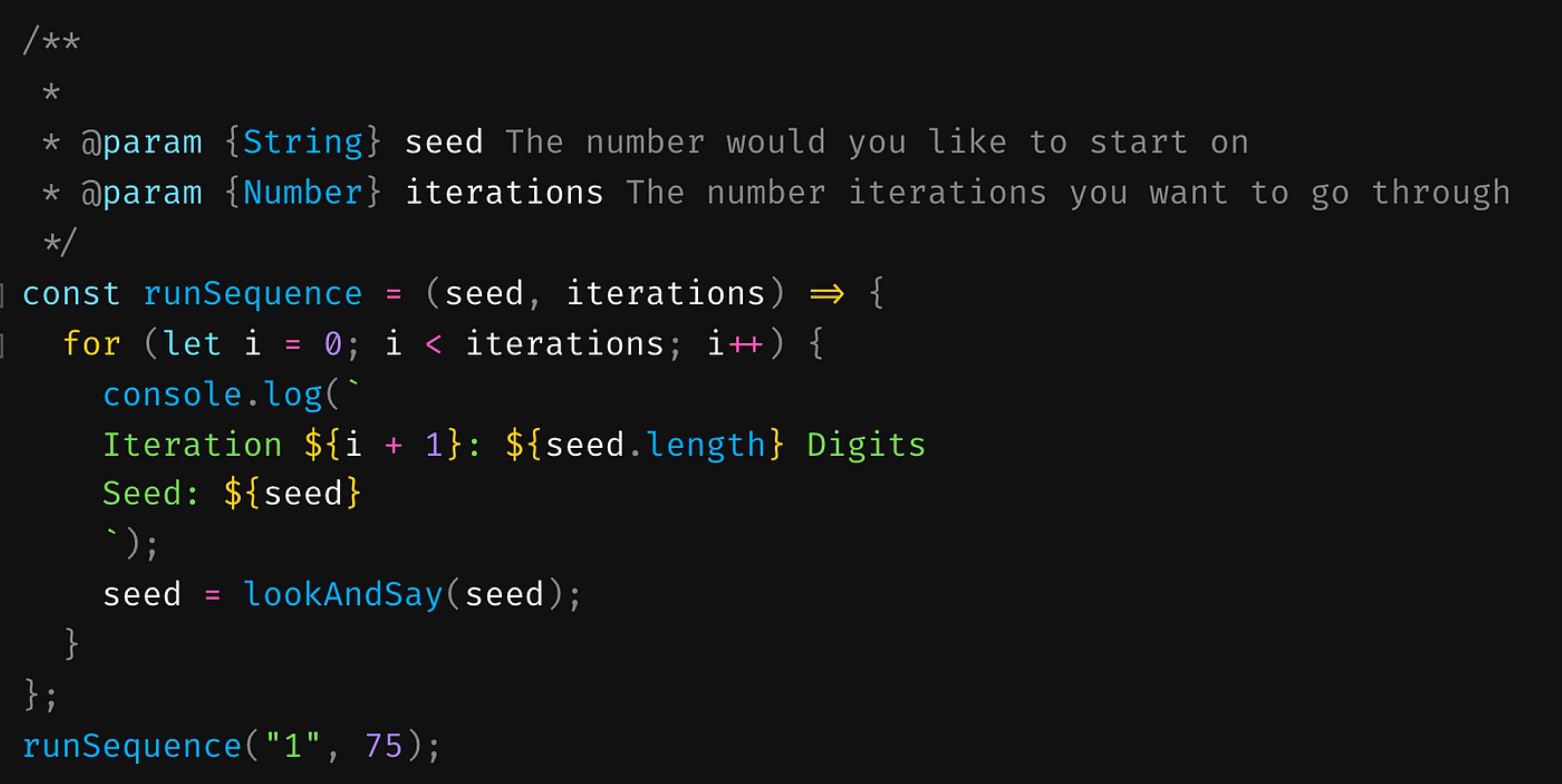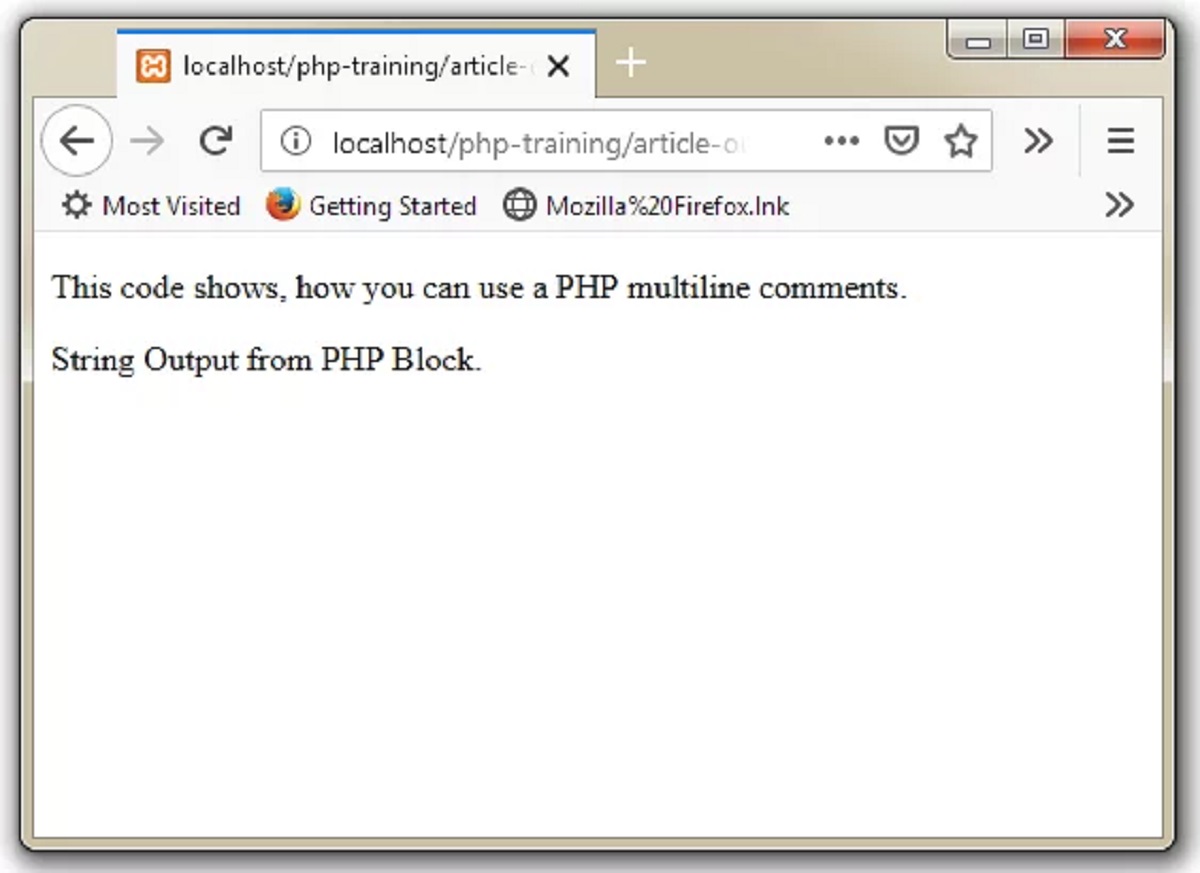Introduction
Technology has become an integral part of our daily lives, transforming the way we communicate, work, and live. Behind every innovative application, website, or software, there is a complex language that powers it – coding. In a world driven by technology, coding plays a crucial role in enabling these advancements and shaping our digital future.
Coding, also known as programming, is the process of giving instructions to a computer to perform specific tasks. It involves writing lines of code using programming languages such as JavaScript, Python, or HTML. While coding may seem daunting for some, its significance extends far beyond the realm of computer science.
The importance of learning to code cannot be overstated. As technology continues to evolve, coding skills have become increasingly valuable in various aspects of our lives, from problem-solving and creativity to career opportunities and digital literacy. In this article, we will explore why coding is important and how it can positively impact individuals and communities as a whole.
Whether you are a student, professional, or simply curious about the world of coding, understanding its significance can provide you with a fresh perspective on the ever-expanding digital landscape. Let’s delve into the role coding plays in fostering problem-solving skills, nurturing creativity, and creating pathways for lucrative careers. We will also examine its relevance in diverse industries and its potential to empower individuals and communities.
The Role of Technology in Our Lives
Technology has revolutionized our world, touching every aspect of our lives. From smartphones to smart homes, from artificial intelligence to virtual reality, technology has become an indispensable part of our daily routine. It has transformed the way we communicate, learn, work, and even entertain ourselves.
With the advent of technology, we have witnessed unprecedented access to information and seamless connectivity. The Internet has bridged geographical boundaries, enabling instant communication across the globe. Social media platforms have revolutionized the way we connect with friends and family, while online learning platforms have made education accessible to millions.
Technology has also improved efficiency and productivity in businesses. Automation and digitization have streamlined processes and reduced human error. Organizations can now reach a broader audience and explore new markets through e-commerce and digital marketing.
Furthermore, technology has touched upon healthcare, transportation, entertainment, and countless other industries, bringing about significant advancements and improving our quality of life. It has made it possible to diagnose diseases with greater precision, revolutionized transportation with the advent of electric and autonomous vehicles, and transformed how we consume entertainment through streaming platforms.
As technology continues to evolve at a rapid pace, it is crucial for individuals to not just adapt to these changes but also understand the underlying mechanisms that enable technological advancements. This is where coding comes into play.
Coding serves as the backbone of technology. It is the language that drives the software, applications, and websites we interact with daily. In order to fully appreciate and harness the power of technology, it is important to have a basic understanding of coding and its fundamental principles.
With this understanding, let us explore the importance and benefits of learning to code, and how it can equip individuals with the skills needed to thrive in the digital age.
What is Coding?
Coding, also known as programming, is the process of creating instructions for computers to follow in order to perform specific tasks. It involves the use of programming languages, which are sets of rules and syntax that allow programmers to communicate with computers.
At its core, coding is about writing lines of code that describe the desired behavior or functionality of a software application, website, or system. These lines of code are then compiled or interpreted by the computer to execute the desired actions.
Programming languages come in different forms, each with its own purpose and syntax. Some commonly used languages include JavaScript, Python, C++, and HTML. These languages provide a way for programmers to express their ideas and solve problems through logical thinking and systematic problem-solving.
Coding involves breaking down a complex problem into smaller, manageable steps. These steps are then translated into code using programming languages. The goal is to create efficient and effective algorithms that solve the problem at hand.
While coding may seem intimidating at first, it is a skill that can be learned and mastered with practice. It requires attention to detail, logical thinking, and creativity. Through coding, individuals can create their own software, develop websites, automate tasks, or even build artificial intelligence systems.
Moreover, coding is not limited to just computer science or software development. It has applications in various fields, including data analysis, robotics, game development, and cybersecurity. The versatility of coding makes it a valuable skill to possess in today’s technology-driven world.
With a basic understanding of coding, individuals can not only consume but also actively participate in the digital world. It allows for a deeper understanding and appreciation of how technology works, enabling individuals to customize and innovate according to their needs and aspirations.
Now that we have explored what coding is, let us delve into the significance of learning to code and how it can benefit individuals in numerous ways.
The Importance of Learning to Code
In today’s digital-driven world, learning to code has become increasingly important for individuals of all ages and backgrounds. Whether you aspire to pursue a career in technology or simply want to enhance your problem-solving skills, coding offers numerous benefits and opportunities.
One of the key reasons why learning to code is valuable is its ability to enhance problem-solving skills. Coding requires individuals to break down complex problems into smaller, more manageable tasks. It fosters logical thinking and encourages the development of structured approaches to finding solutions. The problem-solving skills acquired through coding can be applied to various domains of life, helping individuals tackle challenges with creativity and efficiency.
Another significant benefit of learning to code is the opportunity to foster creativity and innovation. Coding allows individuals to transform ideas into reality by building software applications, websites, and interactive projects. It provides a platform for self-expression and encourages individuals to think outside the box, coming up with innovative solutions to problems. By learning to code, individuals can unleash their creative potential and contribute to the ever-evolving digital landscape.
Moreover, learning to code opens doors to lucrative career paths. As technology continues to advance, the demand for skilled programmers and developers remains high. Job opportunities in fields such as software development, web development, data analysis, and artificial intelligence are constantly on the rise. By acquiring coding skills, individuals can access rewarding and well-paying careers that are in high demand in today’s job market.
Furthermore, the relevance of coding extends beyond the technology industry. In today’s interconnected world, coding skills are sought after in various fields and industries. From finance to healthcare, from marketing to agriculture – coding has applications in almost every sector. It enables individuals to leverage technology to streamline processes, improve efficiency, and drive innovation in their respective domains.
In addition to career prospects, learning to code also helps in building digital literacy. In a world where technology is ubiquitous, having a basic understanding of coding empowers individuals to navigate and understand the digital landscape. It enables individuals to interpret and analyze technology-driven information, critically evaluate digital content, and make informed decisions in an increasingly digital society.
Overall, learning to code is not just about acquiring technical skills but also about developing a mindset that embraces problem-solving, creativity, and innovation. It equips individuals with the ability to harness technology in meaningful ways, opening up a world of possibilities and empowering them to shape the future.
Enhancing Problem-Solving Skills
One of the key benefits of learning to code is the enhancement of problem-solving skills. Coding teaches individuals how to break down complex problems into smaller, more manageable tasks, and devise logical solutions to them. This systematic approach to problem-solving can be applied not only to coding challenges but also to real-life situations.
When writing code, programmers encounter various hurdles and obstacles along the way. They must analyze the problem, identify the core issues, and devise strategies to overcome them. This process cultivates critical thinking skills and encourages individuals to approach problems with a logical and analytical mindset.
Coding also requires attention to detail. A small syntax error or a misplaced character can lead to program failure. Therefore, coders learn to pay close attention to every line of code, ensuring accuracy and precision. This attention to detail translates into everyday life by improving individuals’ ability to spot and resolve issues that may otherwise go unnoticed.
Furthermore, coding often involves finding multiple approaches to solving a problem. Programmers explore different algorithms, methodologies, and programming languages to optimize their solutions. This flexibility and adaptability foster a growth mindset, where individuals are open to experimenting with different ideas and embracing challenges.
Learning to code also nurtures perseverance. Programming projects can be complex and time-consuming, and bugs or errors are frequent. But the process of debugging and fixing issues encourages individuals to persist until they find a solution. This resilience not only helps in coding but also in tackling challenges in other aspects of life, promoting a can-do attitude and the willingness to overcome obstacles.
Moreover, coding promotes creativity in problem-solving. Programmers are not limited to a single solution; they can explore innovative ways to approach a problem. This creative thinking allows for unique and imaginative solutions, pushing boundaries and challenging conventional thinking.
By enhancing problem-solving skills through coding, individuals become better equipped to navigate the complexities of today’s rapidly changing world. They develop the ability to analyze situations, think critically, and devise efficient solutions. These skills can be applied to various domains, from personal life challenges to professional endeavors, making coding a valuable tool for personal and professional growth.
Fostering Creativity and Innovation
Learning to code not only enhances problem-solving skills but also fosters creativity and innovation. Coding provides a platform for individuals to bring their ideas to life and express their creativity through digital means.
When writing code, programmers have the freedom to design and build software applications, websites, and interactive projects. They have the ability to create unique user experiences, visually captivating designs, and engaging interactions. This creative process allows individuals to showcase their artistic flair and bring their imagination to fruition.
Coding also encourages individuals to think outside the box. Programmers often encounter challenges that require unconventional solutions. They are encouraged to explore new techniques, experiment with different approaches, and find innovative ways to solve problems. This mindset of creativity and innovation can extend beyond coding and spill over into other areas of life, stimulating fresh ideas and novel perspectives.
Furthermore, coding enables individuals to leverage emerging technologies and explore cutting-edge concepts. With the advancements in fields such as artificial intelligence, virtual reality, and the Internet of Things, programmers have the opportunity to push the boundaries of what is possible. They can develop intelligent algorithms, immersive virtual environments, and connected devices that revolutionize how we interact with technology.
Moreover, the open-source community within coding fosters collaboration and innovation. Programmers from around the world contribute to shared projects, share ideas, and build upon each other’s work. This collaborative nature of coding encourages individuals to think collectively, embrace diverse perspectives, and create solutions that have a broader impact.
Beyond the technical aspects, coding also enables individuals to express their creativity in storytelling and content creation. Websites, applications, and games allow for the integration of multimedia elements, such as graphics, animations, and sound. This multimedia-rich environment provides a canvas for individuals to engage, inspire, and entertain others through their creative content.
By fostering creativity and innovation, coding empowers individuals to think beyond limitations, explore new possibilities, and drive positive change. It encourages individuals to embrace their unique ideas and perspectives, contributing to a society that thrives on creativity and forward-thinking.
Opening Doors to Lucrative Career Paths
Learning to code opens up a multitude of opportunities for individuals seeking lucrative and fulfilling career paths. In today’s technology-driven world, the demand for skilled programmers and developers continues to grow, creating a favorable job market for those with coding skills.
One of the main benefits of coding is the wide range of career options it offers. From software development to web development, data analysis to cybersecurity, coding skills are highly sought after in various industries. The ability to write code and develop software applications is a valuable asset that can open doors to exciting and well-paying jobs.
The field of software development, in particular, has a high demand for skilled programmers. Developing software applications is a complex process that requires coding expertise, problem-solving skills, and attention to detail. Software developers work on the design, development, and maintenance of software systems, playing a crucial role in shaping the digital landscape.
Web development is another promising career path for individuals with coding skills. Web developers create and maintain websites, ensuring functionality, user experience, and responsiveness. With the increasing importance of online presence for businesses, web development skills are in high demand.
Data analysis is a rapidly growing field that relies heavily on coding skills. Companies across industries are collecting vast amounts of data and need professionals who can analyze and interpret this data to drive business insights and decision-making. The ability to write code allows individuals to manipulate and analyze large datasets efficiently.
Cybersecurity is another area where coding skills are highly valued. With the rise in cyber threats and data breaches, organizations are in need of skilled professionals who can develop secure systems and protect sensitive information. Coding skills enable individuals to build secure software and identify vulnerabilities in existing systems.
Furthermore, coding skills can lead to entrepreneurship opportunities. With the ability to develop software applications and websites, individuals can create their own digital products or offer freelance services to clients. The flexibility and autonomy that come with being a coderpreneur can be highly rewarding both financially and professionally.
Coding skills also provide individuals with a competitive edge in the job market. Employers value candidates with coding skills as it demonstrates logical thinking, problem-solving abilities, and a strong understanding of technology. By having coding skills on their resume, individuals can stand out from the competition and increase their chances of landing lucrative job opportunities.
Overall, learning to code paves the way for lucrative career paths in a rapidly evolving digital world. The demand for coding skills is on the rise, and individuals with the ability to code are well-positioned to secure rewarding and well-paying jobs in various industries.
The Relevance of Coding in Various Industries
The importance of coding extends far beyond the realm of technology and computer science. It has become increasingly relevant in various industries, influencing the way businesses operate, adapt, and innovate. Let’s explore how coding plays a crucial role in some key sectors.
In the healthcare industry, coding is essential for managing electronic health records (EHR) and ensuring accuracy and efficiency in medical diagnosis and treatment. Medical coders use various coding systems to classify diseases, procedures, and medications, facilitating seamless communication and data exchange between healthcare providers. Additionally, coding skills are in demand in healthcare research and bioinformatics, where professionals analyze and interpret complex medical data using programming languages.
In the finance sector, coding is crucial for building and maintaining trading algorithms, risk models, and financial software. Financial institutions rely on coding to automate processes, analyze market trends, and make data-driven investment decisions. Coding skills enable professionals to manipulate and analyze vast amounts of financial data, improving efficiency and accuracy in financial operations.
The manufacturing industry utilizes coding for process automation, quality control, and robotics. Coding enables engineers to program machines and industrial robots to perform complex tasks, increasing productivity and precision in manufacturing operations. Additionally, coding skills are valuable in developing simulations and models to optimize production processes and identify areas for improvement.
The transportation industry relies on coding for developing autonomous vehicles, optimizing logistics operations, and enhancing road safety. Self-driving cars, for example, require advanced coding algorithms to process sensor data and make intelligent decisions on the road. Coding skills enable professionals to build and maintain the software and systems that power the future of transportation.
Marketing and advertising have also been greatly influenced by coding. Digital marketing campaigns often rely on coding to create interactive and engaging websites, analyze customer data, and automate marketing processes. Additionally, coding skills enable professionals to develop custom applications and platforms that enhance customer engagement and improve marketing strategies.
Education is another sector where coding has gained tremendous significance. The integration of coding in school curricula promotes digital literacy and equips students with skills that are essential in the digital age. Coding enables students to think critically, solve problems creatively, and collaborate effectively. It prepares them for future careers that require a deep understanding of technology.
These are just a few examples, but the relevance of coding extends to countless other industries, including agriculture, energy, entertainment, and more. Coding has become a universal language that empowers professionals in various sectors to leverage technology and innovate in their respective fields.
By learning to code, individuals can position themselves at the forefront of technological advancements and contribute to the growth and transformation of diverse industries.
Building Digital Literacy
In an increasingly digital world, building digital literacy has become essential for individuals of all ages. Coding plays a significant role in developing digital literacy by equipping individuals with the knowledge and skills needed to understand and interact with technology effectively.
Learning to code provides individuals with a deeper understanding of how technology works. It allows them to decipher the complex systems and processes that power the digital world. By understanding the basics of coding, individuals can better navigate and make sense of the digital landscape, thereby becoming more informed and empowered digital citizens.
Coding also enables individuals to critically evaluate digital content. In an era of misinformation and fake news, digital literacy is crucial for individuals to distinguish reliable sources from unreliable ones. With coding skills, individuals can delve into the technology behind digital platforms and analyze the credibility and trustworthiness of the information presented.
Furthermore, coding provides individuals with the ability to customize and personalize their digital experiences. By learning to code, individuals can create their own websites, applications, or software tools that align with their specific needs and preferences. This customization not only enhances digital literacy but also fosters a sense of ownership in the digital realm.
With coding skills, individuals are better equipped to protect their digital identities and be mindful of online security. Understanding the fundamentals of coding allows individuals to recognize and mitigate potential security risks, such as phishing attempts or malware. This knowledge empowers individuals to take proactive measures to safeguard their personal information and digital presence.
Moreover, coding enhances problem-solving abilities in the digital realm. By learning to code, individuals are equipped with the skills to identify and resolve common issues, such as software glitches or website errors. This problem-solving mindset extends beyond coding and can be applied to various digital challenges encountered in everyday life.
By building digital literacy through coding, individuals can fully participate in the digital world with confidence. They become active contributors and creators, rather than passive consumers. Coding empowers individuals to take control of their digital experiences, understand the technology behind the tools they use, evaluate digital content critically, and protect themselves in the online environment.
Furthermore, building digital literacy through coding helps bridge the digital divide. It ensures that individuals from diverse backgrounds have the knowledge and skills necessary to thrive in the digital age. By making coding education accessible to all, we can create a more inclusive and equitable digital society.
Overall, coding is a powerful tool for building digital literacy. It equips individuals with the knowledge and skills needed to navigate the digital landscape, evaluate digital content critically, protect their digital identities, and actively contribute to the digital world.
Empowering Individuals and Communities
Coding has the power to empower individuals and communities by providing them with valuable skills, opportunities for economic growth, and avenues for collaboration and innovation.
Firstly, coding empowers individuals by equipping them with marketable skills. By learning to code, individuals gain a valuable asset in today’s technology-driven world. Coding skills enable individuals to pursue lucrative career paths, whether as employees in established companies or as entrepreneurs launching their own tech startups. The ability to code opens doors to a wide range of opportunities, giving individuals the confidence and means to shape their own futures.
Furthermore, coding can create economic opportunities for individuals and communities. By embracing coding and technology, individuals can tap into global markets, offer digital services, and participate in the digital economy. Coding skills enable individuals to thrive in the gig economy, freelancing and collaborating with clients from around the world. This economic empowerment can have a ripple effect, contributing to the growth and development of communities as a whole.
Coding also empowers individuals to be active contributors and problem solvers. By learning to code, individuals gain the tools to solve real-world problems, whether it’s creating software applications that address societal challenges or utilizing data analysis to make data-driven decisions. This problem-solving mindset empowers individuals to take initiative, contribute to their communities, and enact positive change.
Furthermore, coding fosters collaboration and innovation, empowering communities to collectively tackle challenges and generate new ideas. Coding provides a shared language that enables individuals to work together on projects, exchange knowledge, and build upon each other’s work. Collaborative coding initiatives and open-source communities encourage the sharing of ideas, resources, and expertise for the benefit of all. This culture of collaboration and innovation empowers communities to develop creative solutions to local and global challenges.
By teaching coding to community members, organizations can also empower marginalized groups and bridge the digital divide. Access to coding education offers opportunities for individuals who may have been excluded from the technology sector due to various barriers. This empowerment can help reduce inequalities, create more inclusive societies, and provide individuals with tools to overcome socio-economic challenges.
Lastly, coding empowers individuals to take control of their digital lives. With coding skills, individuals can understand and modify the technology they interact with, ensuring that it aligns with their needs and values. This empowerment fosters digital autonomy and allows individuals to navigate the digital world with confidence and agency.
In summary, coding empowers individuals and communities by providing valuable skills, economic opportunities, avenues for collaboration and innovation, and the ability to actively contribute to and shape the digital landscape. By embracing coding education and creating inclusive coding initiatives, we can empower individuals and communities to thrive in the digital age.
Conclusion
Coding is a skill that holds immense importance and offers numerous benefits in today’s technology-dominated world. From enhancing problem-solving abilities and fostering creativity and innovation to opening doors to lucrative career paths and building digital literacy, coding plays a pivotal role in shaping our digital future.
By learning to code, individuals gain more than just technical skills. They develop a mindset that embraces logical thinking, critical analysis, and creative problem-solving. Coding encourages individuals to push boundaries, think innovatively, and collaborate effectively, empowering them to tackle challenges and drive positive change in their communities.
Coding is not limited to the realm of technology and computer science. Its relevance spreads across diverse industries, enabling professionals to make an impact in fields such as healthcare, finance, manufacturing, transportation, marketing, and education. The ability to code equips individuals with valuable skills that are in high demand, opening up numerous career opportunities and driving economic growth.
Moreover, coding promotes digital literacy, allowing individuals to navigate the digital landscape with confidence. It enables individuals to understand and analyze technology, critically evaluate digital content, protect their digital identities, and actively participate in the digital world.
By empowering individuals and communities, coding has the potential to bridge the digital divide, foster collaboration and innovation, and create more inclusive societies. It empowers individuals to shape their own futures, contribute to their communities, and thrive in a technology-driven era.
As technology continues to evolve at an unprecedented pace, the importance of coding will only continue to grow. By embracing coding education and providing access to coding opportunities, we can equip individuals with the skills and knowledge needed to adapt, succeed, and lead in the digital age.
So let’s embrace coding and unlock the endless possibilities it offers. Whether you are a student, professional, or simply curious about the world of coding, learning to code can empower you to navigate the digital landscape, build meaningful solutions, and shape the digital future.

























